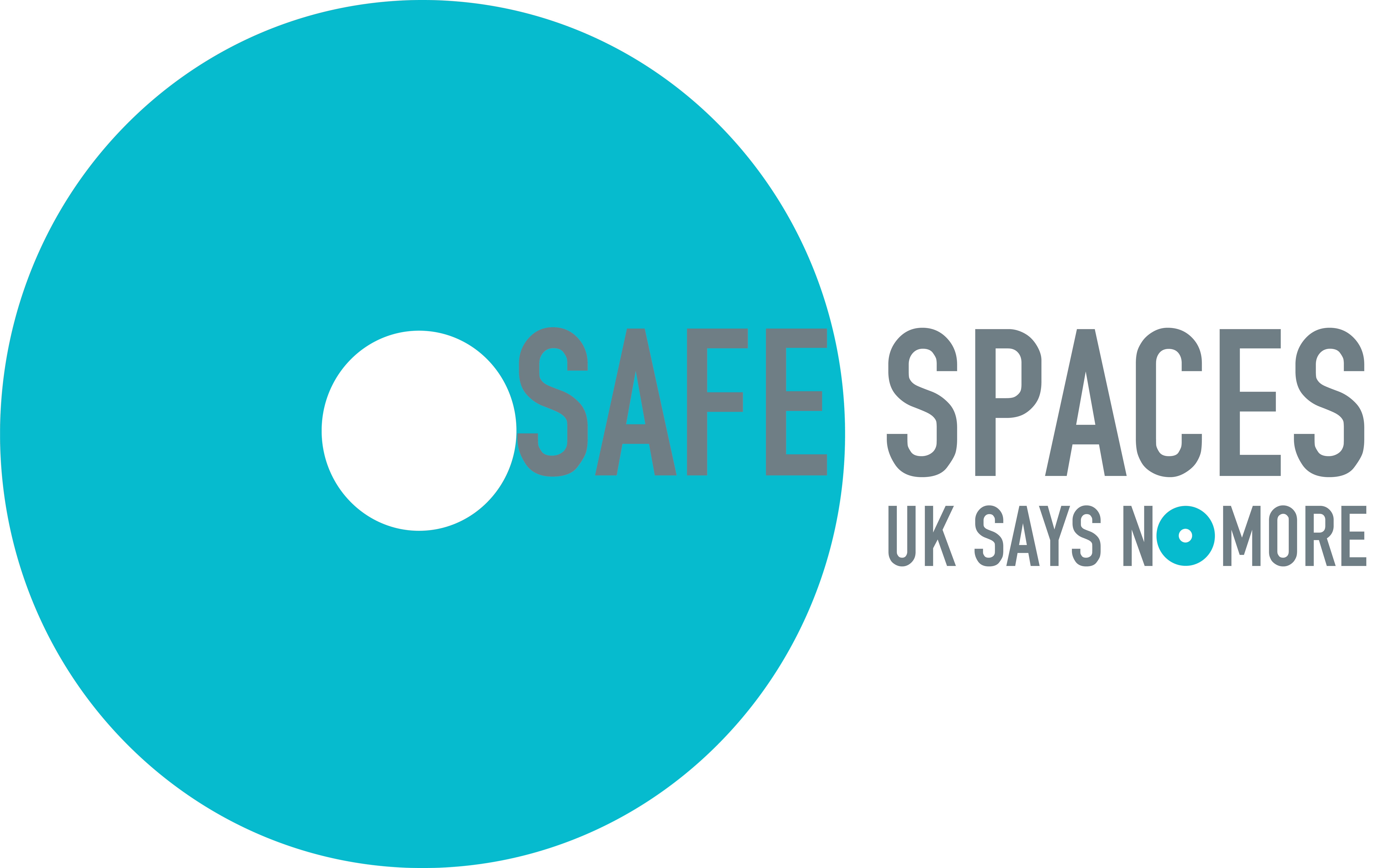Benefits and financial support
You can check what benefits you're potentially entitled to by using our benefits calculator.
If you are not sure if you are eligible for benefit payments or if you think Government changes might affect you, you can visit the following websites:
We're here to help so why not get in touch!
Universal Credit is a new combined benefit that incorporates six well known benefits.
Visit our Universal Credit page for more information.
The bedroom tax only applies to people of working age. If you have a spare bedroom, your Housing Benefit will be reduced by:
- 14% of your rent if you have one spare bedroom
- 25% of your rent if you have two or more spare bedrooms.
The following occupants are expected to share a bedroom:
- An adult couple
- 2 children under the age of 16 of the same sex
- 2 children under the age of 10 (regardless of sex).
The following can have their own bedroom:
- A single adult over the age of 16
- A child that would normally share a room but the shared bedrooms are already taken e.g. you have three children and two already share
- Children who cant share because of a disability or medical condition
One spare bedroom is allowed for:
- An approved foster carer who is between placements but only for up to 52 weeks from the end of the last placement
- A newly approved foster carer for up to 52 weeks from the date of approval if no child is placed with them during that time
- Rooms used by students and members of the armed or reserve forces will not be counted as spare if they are away and intend to return home.
If you have a shortfall in your rent you could consider:
- Downsizing or home-swapping to a different sized property
- Applying to your council for a Discretionary Housing Payment (DHP).
Please contact us and we might be able to help you downsize if you are affected by the bedroom tax.
The Benefit Cap is the limit to the total amount of benefits that most people between 16 and 64 can receive. You can find out the latest benefit cap amounts here: Benefit cap: Benefit cap amounts - GOV.UK (www.gov.uk)
Benefits that are not included in the Benefit Cap
You’re not affected by the cap if you’re over State Pension age. If you’re part of a couple and one of you is under State Pension age, the cap may apply.
You’re not affected by the cap if you or your partner:
- get Working Tax Credit (even if the amount you get is £0)
- get Universal Credit because of a disability or health condition that stops you from working (this is called ‘limited capability for work and work-related activity’)
- get Universal Credit because you care for someone with a disability
- get Universal Credit and you and your partner earn above a specified amount a month combined, after tax and National Insurance contributions. You can find out the maximum earning amount here: Benefit cap: When you're not affected - GOV.UK (www.gov.uk)
You are not affected by the benefit cap if anyone in your household qualifies for Working Tax Credit or gets any of the following benefits:
- Adult Disability Payment (ADP)
- Armed Forces Compensation Scheme
- Armed Forces Independence Payment
- Attendance Allowance
- Carer’s Allowance
- Child Disability Payment
- Disability Living Allowance (DLA)
- Employment and Support Allowance (if you get the support component)
- Guardian’s Allowance
- Industrial Injuries Benefits (and equivalent payments as part of a War Disablement Pension or the Armed Forces Compensation Scheme)
- Personal Independence Payment (PIP)
- War pensions
- War Widow’s or War Widower’s Pension
You can find out more about how the benefits cap affects you here: Benefit cap: Benefits affected by the cap - GOV.UK (www.gov.uk)
A non-dependent is someone who normally lives with you on a non-commercial basis such as an adult son/ daughter, relative or friend.
The amount of benefits you receive is likely to reduce if you have a non-dependent person living in your home.
Some benefit claimants may be exempt:
- A person who is registered blind
- A person who is receiving Attendance Allowance, or the care component of Personal Independence Payment.
Some non-dependents are exempt:
- A person who is receiving Pension Credit
- A person who is under 18
- A person who is under 25 who is receiving Universal Credit
- A person who is under 25 who is in the assessment phase of income related Employment and Support Allowance (ESA)
- A prisoner
- A student (only exempt if the claimant and any partner are under 65. Non-dependent deductions will apply throughout the summer holiday if the student takes up paid work)
- A person who has been in hospital for 52 weeks or more.
There are many benefits that you may be able to claim if you are ill or disabled but the most common ones are:
- Disability Living Allowance (DLA) - under 16’s
- Personal Independence Payments (PIP) - between 16-65
- Attendance Allowance (AA) - over 65.
These benefits often enable you to receive additional further help so are an important tool in helping to increase your income.
Do not assume that because you are not bed-bound or in a wheelchair you won’t be able to claim, you may still be able to. Please contact us and ask to speak to our Welfare Team who will be able to advise on whether they think you may qualify and assist you in claiming should you need to take this route.
These benefits can help you if you have non-dependents living with you. Normally this means any benefits would be reduced based on how much the non-dependent earns. However, if you are on a disability benefit then you are exempt from this charge and how much the non-dependent earns is not taken into account.
Visit the Government's website to find out more about the benefits and financial support available if you're disabled or have a health condition: Benefits and financial support if you're disabled or have a health condition - GOV.UK (www.gov.uk)
If you receive Universal Credit for housing but find you are not being paid the full amount, you may be able to claim a Discretionary Housing Payment.
We've put together a leaflet on these payments which you can download and read by clicking on the following link.
Extra help with your housing costs leaflet
Please contact us and ask to speak with our Welfare Team who will be happy to advise and assist with a claim.
Even if you are working you may be able to get help with the cost of optical and dental charges if you are on a low income.
You will need to complete a form HC1 or if you want to claim a refund a HC5. These are normally available in local opticians or dental surgeries.
Did you know Network Homes has a Charitable Fund to support residents in need? If you had a change in circumstances that has reduced your household income or you’re experiencing financial difficulties, you can apply to our charitable fund and we might be able to help!
What does the fund cover?
The most common ways we support people is by providing food vouchers, beds and white goods. But we’ve also helped with small electronics, fuel vouchers including electric, school uniforms and even professional memberships.
Who can apply?
For individual support, you must live in a home owned or managed by Network Homes and you need to meet the terms of our ‘charitable test’. This means the support should not be available through any statutory service or other means, plus will either promote or protect the housing needs of the resident or their community, or promote the relief of the aged, disabled or chronically sick.
What have residents who we’ve helped said?
- “The food vouchers will be a major help to my family and I, so thank you very much”
- “Just want to say a huge thank you for your time to go through everything with us so patiently. And we really appreciate all of the goods you have gifted to us which will be cherished. Thanking you once again”
- “Thank you so much for the fridge freezer! It is absolutely perfect”
- "I have already received the electric voucher, thank you very much – I can’t tell you how grateful I am”
- “Words cannot express the gratitude I have for all you have done for me. With this one charitable act you have given me a lifeline back to my chosen profession. Thank you from the bottom of my heart”.
Don’t struggle alone
The Charitable Fund is here to help and support you if you are in need. Please don’t struggle alone – get in touch and we may be able to help!
You can apply for our fund and find out more information on the Charitable fund page of our website.
Please contact us when you make a claim for Universal Credit or another benefit or if you have any questions about changes to your benefits. Our teams are here to help!
|
Benefits and entitlement |
Welfare Benefit Advice Team |
|
Work, training and employment |
Visit our employment advice and support page to find out more about the guidance and practical help we offer to help customers access training or work and achieve their goals. |
| Managing your rent |
Income Team |
Need some more advice?


